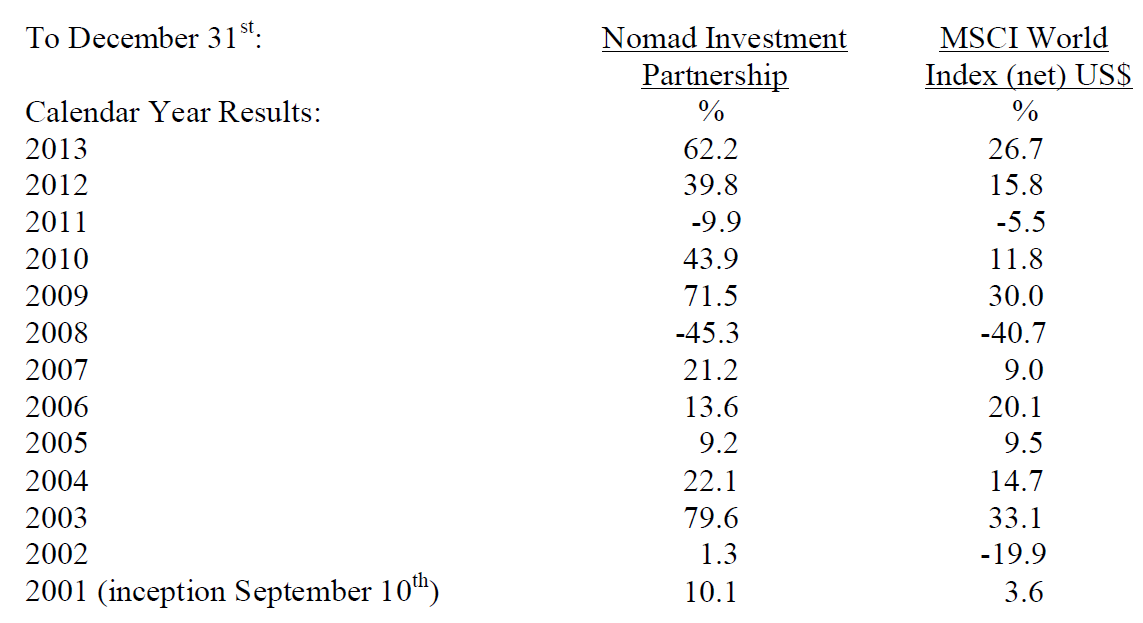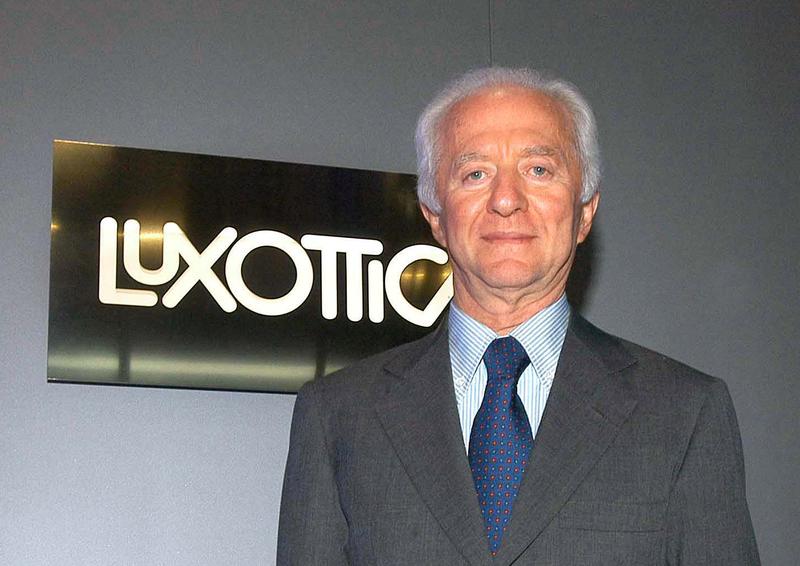
"As people are educated in a more and more homogeneous way, the gains to specificity and accuracy that you enjoy, and the gains to certainty, are offset in a way because everybody shares the same blind spots."
https://twitter.com/jposhaughnessy/status/1456191993088970753
"this role of jester, the one person allowed to insult the king as a necessary corrective. There seems also to be an evolutionary mechanism, where we accept that you can say things in a funny way and the social response to that has to be different to if they are said seriously."
“If you want to tell people the truth, you’d better make them laugh or they’ll kill you”
"one pedal driving with an electric car ... I understood it in theory, what I never realized there was a benefit that only emerged... This is why, by the way, experimentation is so important because you can't tell, you don't know what you want until you've tried it."
• • •
Missing some Tweet in this thread? You can try to
force a refresh










